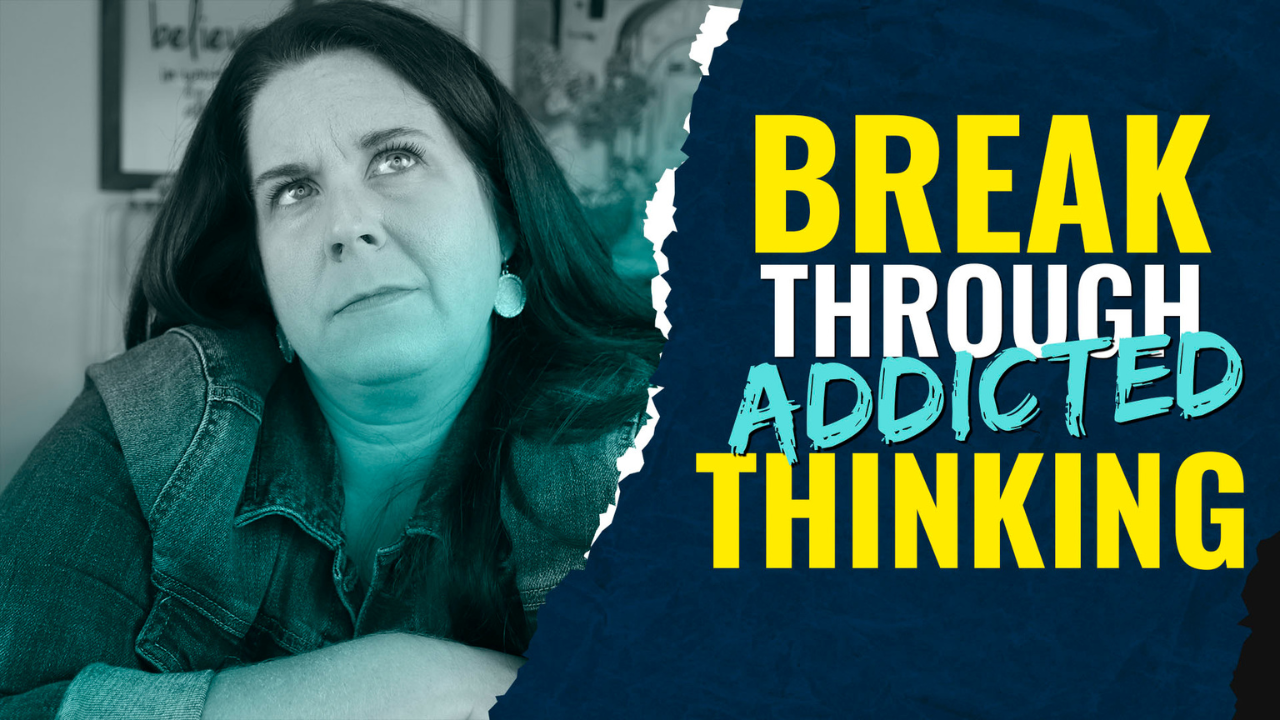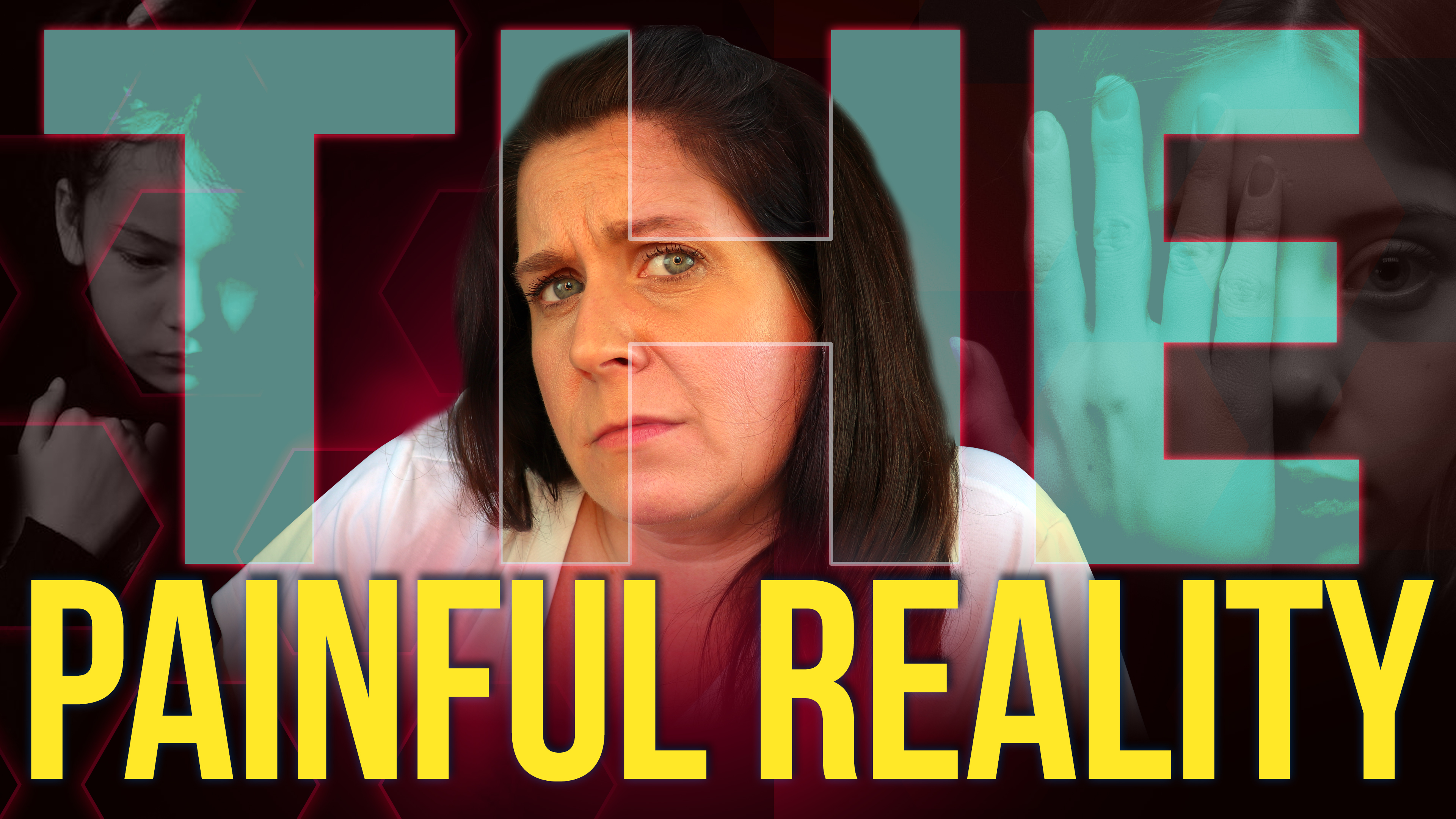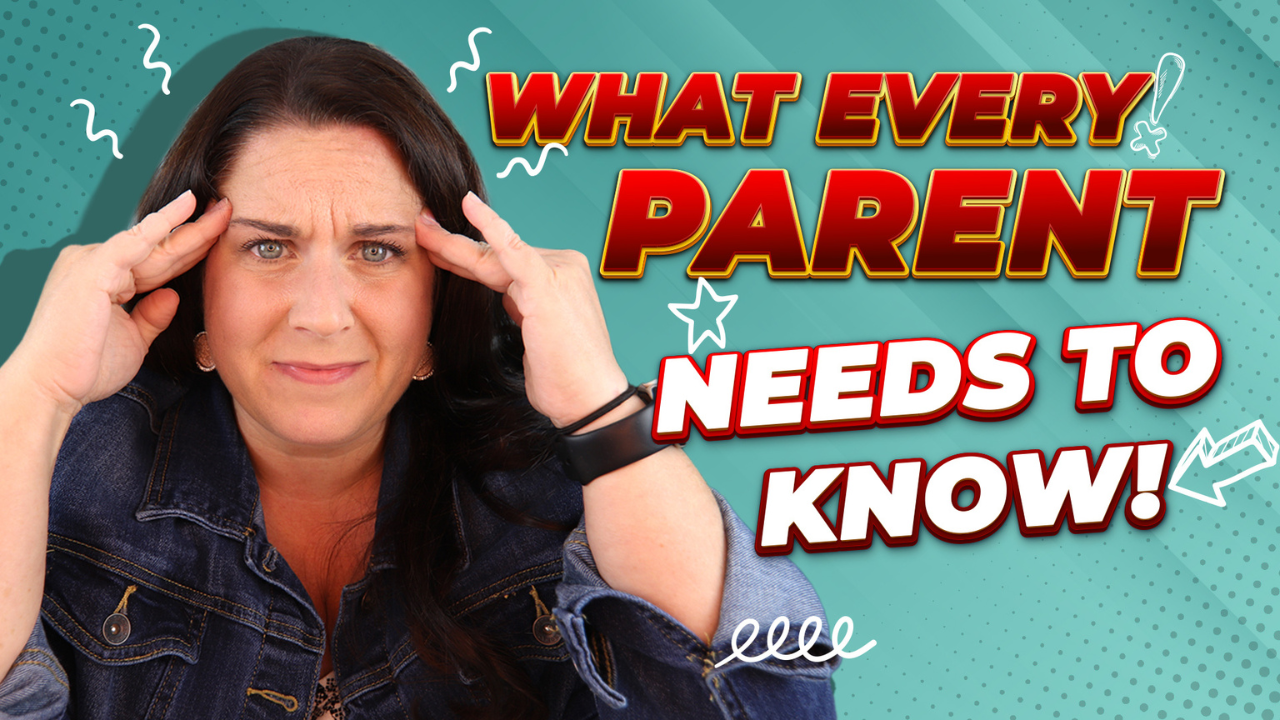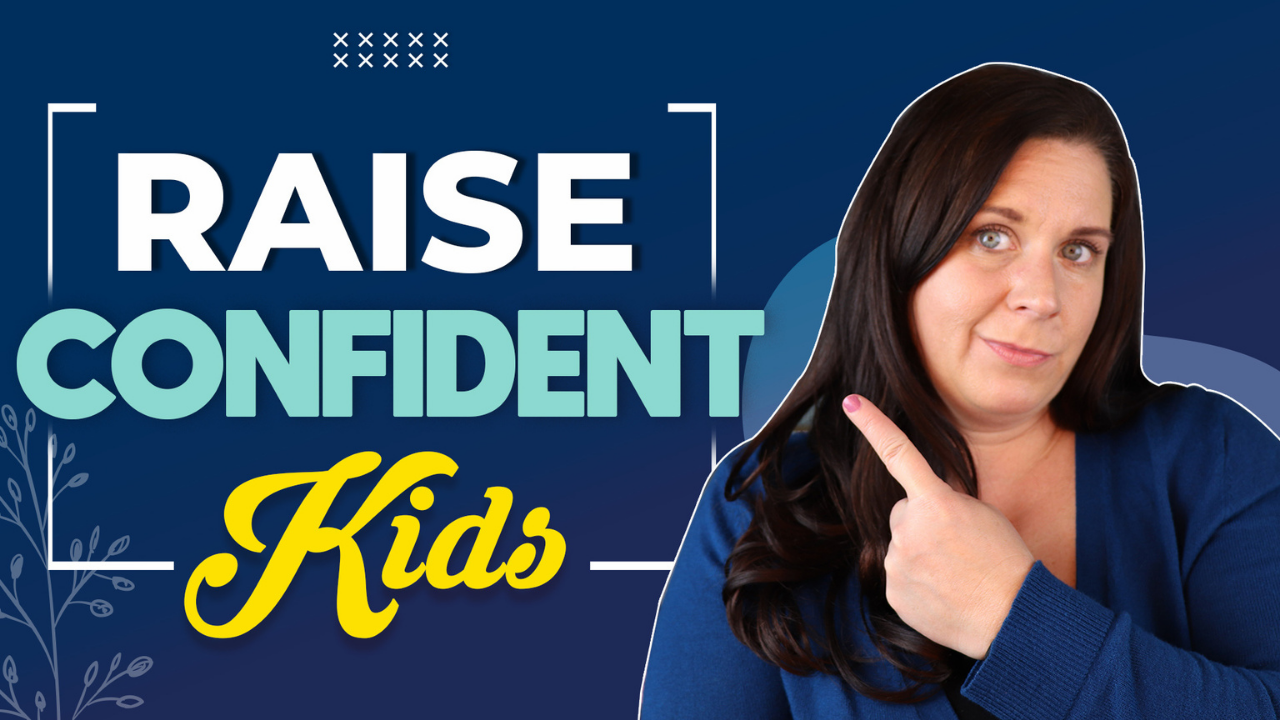Redefining Parenthood: Navigating Life with an Addicted Child

Reclaiming our lives as parents with children in recovery.
We discussed the need to change our parenting roles to help our children recover from addiction. Today, we will delve into redefining our parenting and adopting a new approach that fosters independence, growth, and empowerment for our children and ourselves. This journey will require grit, determination, and a willingness to let go of our old parenting habits. So, let's explore how we can achieve this and find joy and pride in our parenting and personal lives.
The Unthinkable: Letting Go
One of the most challenging aspects of redefining our parenting role is accepting that we cannot protect our children from the world. As they embark on their recovery journey, we must understand that they must learn to navigate life independently. This can be particularly difficult for parents of children with addictions, as we may have to let go sooner than other parents whose children are in their mid-twenties.
To foster our children's...
From Struggle To Strength: Parenting an Addict
Parenting children with addiction can be an incredibly challenging and emotionally taxing experience. As a parent, it's natural to question why you need to change and adapt to the situation. However, understanding the need for personal growth and transformation is crucial for your well-being and your child's recovery journey.
We'll explore the importance of change, parents' internal struggles, and the stages of parenting children with addiction. We'll also discuss the significance of joining a supportive community like the Positive Parenting Group to navigate this journey effectively. So, let's dive in!
Embracing Change for Emotional Well-being
Many parents wonder why they should change when their child struggles with addiction. But the truth is, resisting change only perpetuates negative emotions like anger, sadness, resentment, and grief. It's essential to recognize that your well-being and emotional state are just as important.
By embracing change, you have the opportunity to ...
If Your Son or Daughter Is Struggling With Addiction, This Video Is For You
What does it take to get through their denial and get them to see that they are ruining their life and yours and finally do something about it?
The challenge with young adults-- not only do they have to figure out how not to use drugs. They have to figure out how to be an adult too. Most of the time, young adults who abuse drugs/alcohol for a long time haven't developed adulting skills. They're likely emotionally stuck in the age of when they started using regularly.
It's time to fill their pride tank.
A lot of young adults that are struggling with addiction have no self-worth and little self-pride. That tank is depleted, so much of our programming is to give them the life skills they need to refill that tank.
An example of filling someone's pride tank they use at Greenville Transitions is to partake in physical activities with a clinician. David shares an experience that happened to someone recently.
"We do a lot of UFC gym work where they do Brazilian jiu-jitsu. We had a gu...
The 6 Most Common Challenges Faced By Children Growing Up In Addicted Homes
Growing up in an addicted home is confusing, frustrating, and scary for obvious reasons, but it's essential to keep in mind that everybody's experience is slightly different. Even kids who grow up in the same addicted home have a different experience.
It's all fun and games until...
Some kids growing up in an addicted home may see the addicted parent as the fun parent. Maybe the parent is happy or silly while intoxicated, and the parent might even let the kid get by with a lot more. When this happens, it can put the other parent in a bad guy position.
Gaslighting
Many kids growing up in addicted homes experience a lot of gaslighting where one or both parents try to cover for the addictive behavior by convincing the kid that what they think is happening isn't happening, or that it's not that bad, or that it's normal. Kids growing up in addicted homes often feel guilty. A big reason for this is the adults in the home walk on eggshells to try to keep the peace with the addicted per...
The Unpopular Truth About Marijuana Addiction in Teens/Young Adults
You may be wondering if your son or daughter falls into the addiction or regular use category of marijuana use. There are official criteria, and I'll put them HERE, but for now, ask yourself these four questions:
#1-Do I know that my kid is using marijuana regularly or has a strong belief that they are?
#2- Does my kid seem to be more depressed and anxious?
#3- Does it seem like my kid is stuck like they're not moving forward?
#4- Does it seem like you're having difficulty getting your son or daughter to be responsible for themselves?
I'm sure you've noticed over the past several years, marijuana has become more acceptable and accessible. Marijuana is the most challenging addiction that I treat. It is extremely tough to get someone to recognize that it is the marijuana causing the problems they're frustrated with. The person almost always feels like marijuana is the only good thing in their life.
There is one little piece of good news here--Early in my career as an addiction co...
The BEST thing to say to someone who has an addiction
The most powerful thing you can say to someone with an addiction is a question, and the question is, "What do you think?"
I know, you're thinking, Amber, I already know what they believe, and they are all wrong. They just don't get it.
If you think that, there's possibly a little truth in that statement that maybe they don't get it, or perhaps they're wrong about some things, but that doesn't matter. It doesn't matter if they're right or they're wrong. What matters is what they think. That is critically important because when you know what they believe, you have the starting point to help guide them in the right direction.
You cannot start where you want to start because, most likely, you're 10 miles down the road from where they are, and you will not get their attention.
When you're 10 miles down the road, you have to back up and find out where they're starting from, and you have to use that information to help walk them through the process.
This solution became clear to me ...
Pro Tips For Raising Confident / Resilient Kids
No matter how hard you try, your child is going to run into obstacles, difficulties, and roadblocks. They're going to have their challenges. It doesn't matter how much money, resources, or how many people you know. No matter how much you try, there will be problems and challenges. That's OKAY!
That's a good thing because that's how we build character. Knowing that you're creating confident, secure, resilient kids is one of the most important aspects of parenting. Easier said than done, right? The good news is it doesn't have to be perfect. Once you understand these principles, you might feel a little less pressure to make everything perfect, and your kid will feel a little less pressure, too.
(This topic is relevant to addiction, but it's also relevant to any parent out there. All of these strategies I'm about to give you can work on anyone, whether they're your kid, a work partner, a friend, or a spouse. This is how to help other people feel more confident, secure, and resilient.)...






